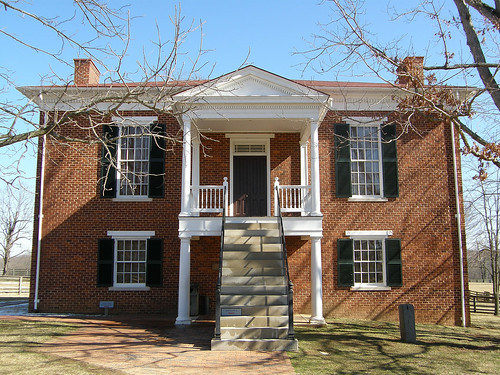Epilogue: The Shoals of Victory
Union victory made sure that the South was completely destroyed and the Republican and the northern way of life would dominate the country.
Key Terms:
None, since this is just a summary of what happened after the Civil War ended.
Questions:
I honestly have no more questions... This gigantic book covered pretty much every thing I'll ever need to know...ever.
Citations:
- McPherson,
James M. "Epilogue: The Shoals of Victory." In Battle Cry of
Freedom, 853-862. Oxford: Oxford University Press, 1988.
- Accessed March 11, 2015. http://perfunction.typepad.com/.a/6a00d8341d896453ef010535d51455970b-500wi.
